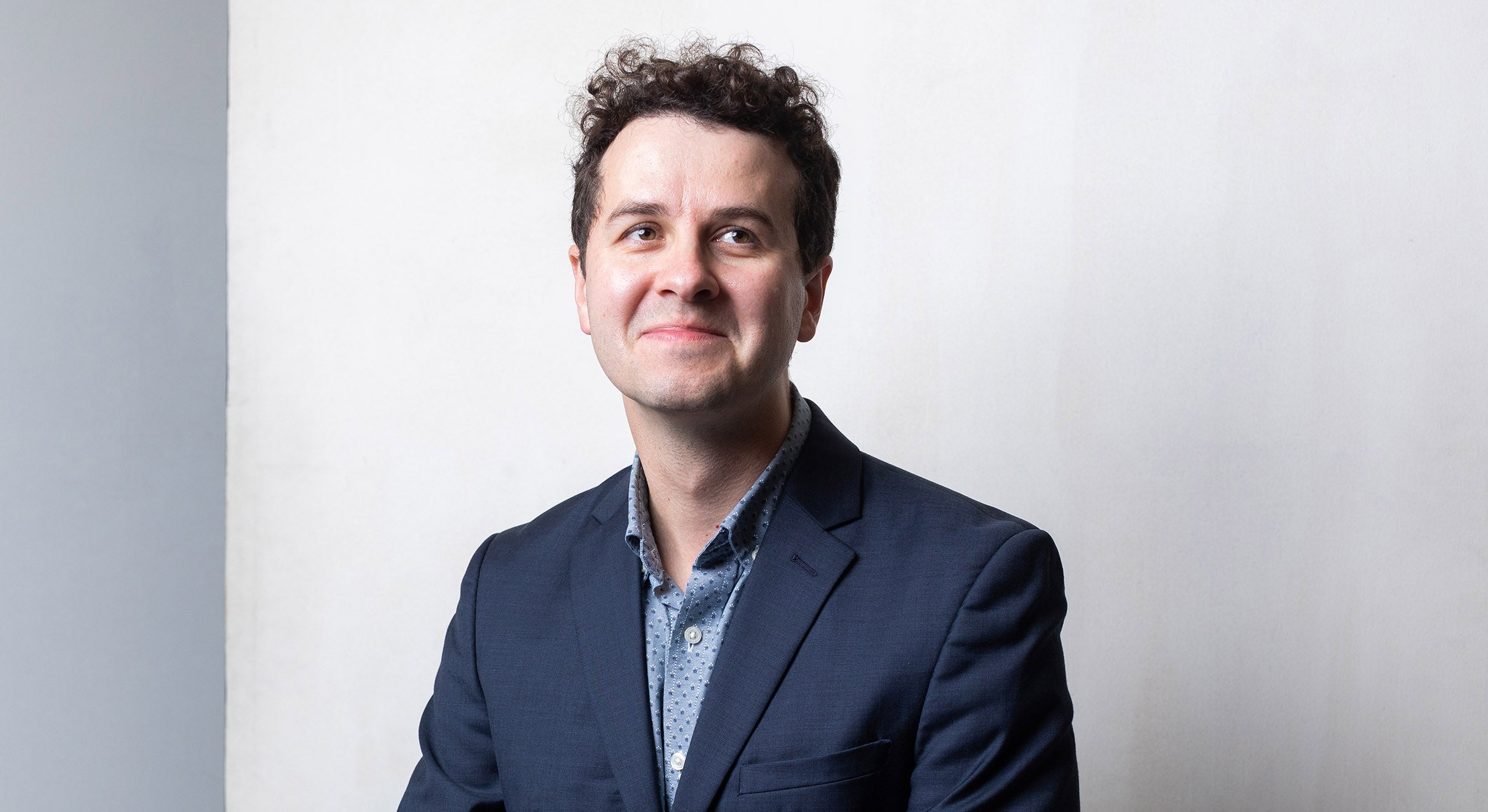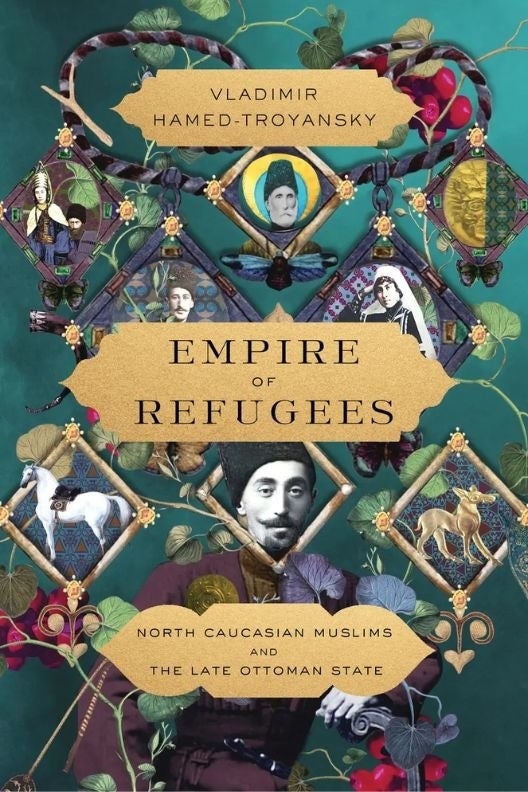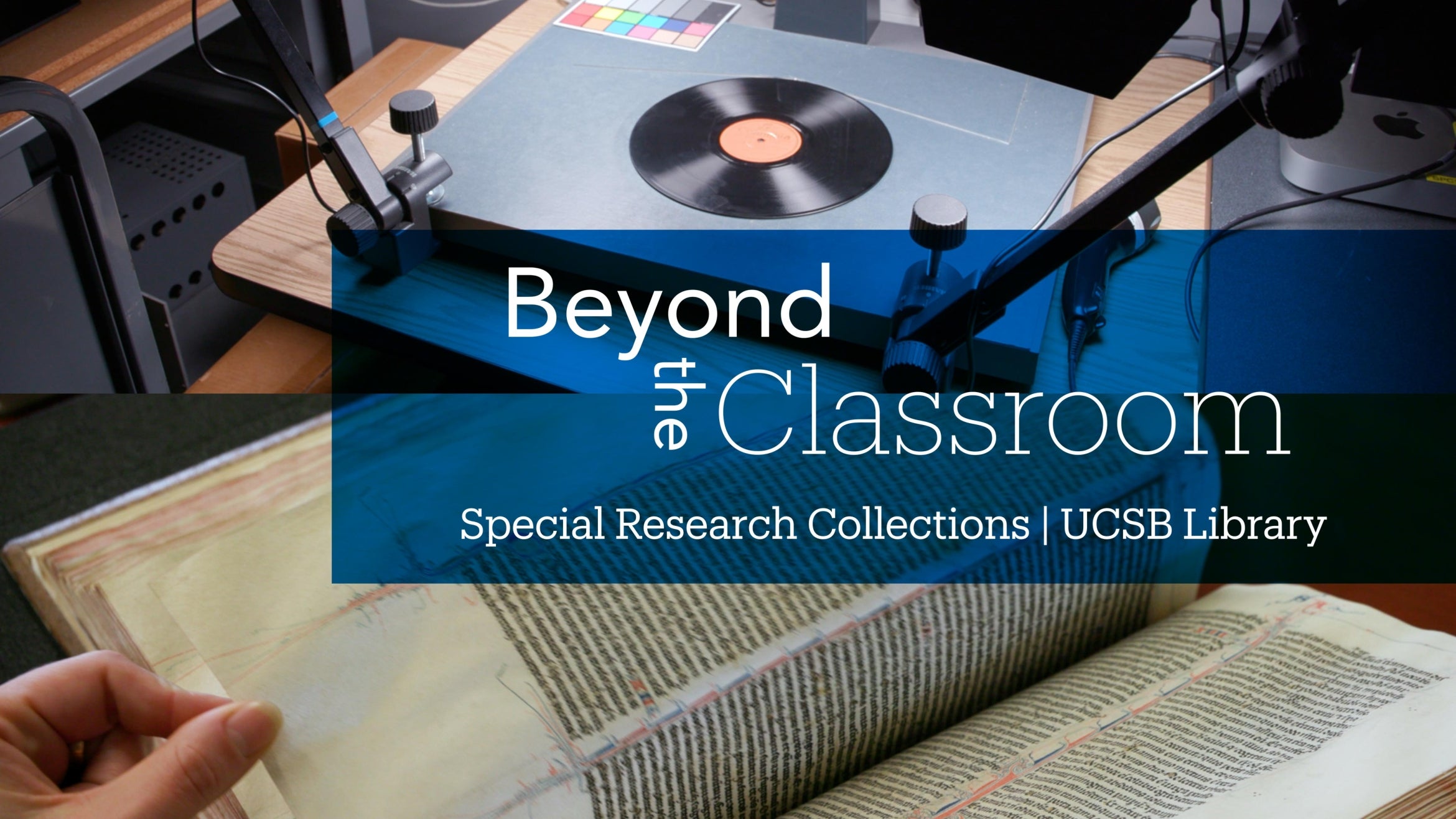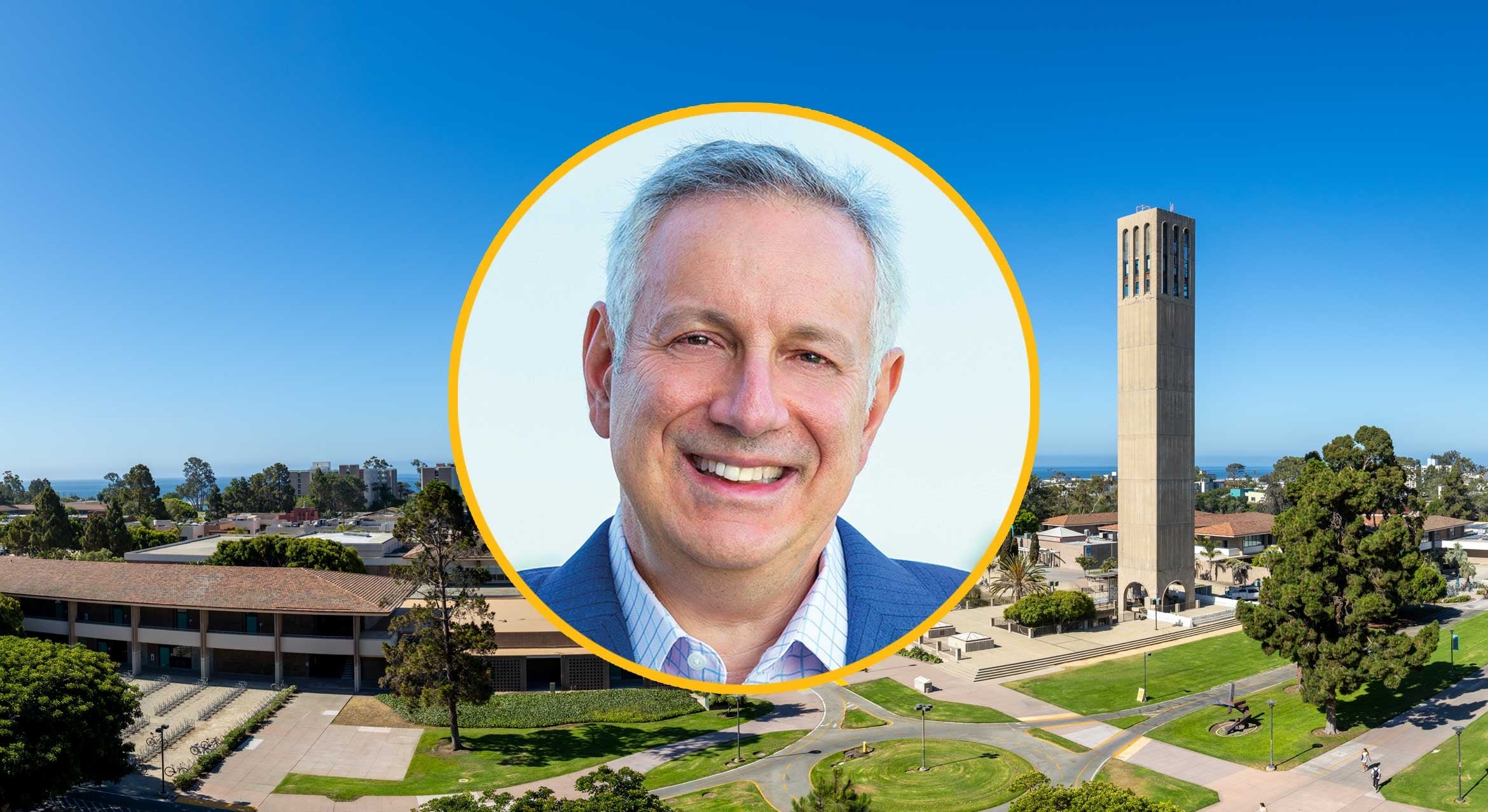
While doing research for his first book, “Empire of Refugees: North Caucasian Muslims and the Late Ottoman State” (Stanford University Press, 2024), Vladimir Hamed-Troyansky visited more than 20 archives in 10 countries, a years-long endeavor during which he studied primary historical evidence in Arabic, Ottoman Turkish, Russian, Bulgarian and English.
Hamed-Troyansky, an assistant professor in the UC Santa Barbara Department of Global Studies, started this research during his doctoral studies at Stanford University and completed it as a faculty member at UCSB. His book traces the migration of about a million Muslim refugees from Russia to the Middle East and the Balkans in the late 19th and early 20th centuries. His research depended on access to many archives and private collections.
With rare permission from Jordan's Ministry of the Interior, for example, Hamed-Troyansky was able to study Ottoman land records, from which he assembled “a near-complete dataset of real estate transactions in the Circassian refugee village of Amman, established in 1878,” he said. “Today, Amman is the capital city of Jordan and the largest city in the Levant. My work showcases the rise of Amman as a refugee town and the remarkable role that refugees played in building up the economy of Jordan.”
The timing of his research was fortunate, he added. “Archival work in Russia, let alone on the topics of an ethnic cleansing perpetrated by the Russian military and the expulsion of indigenous Muslims from the Caucasus, would be impossible today. This book offers a clear vision of Russian colonial expansion in the nineteenth century and the intentional remaking of demographics through Muslim displacement and migration bans.”
Since its publication in February 2024, Hamed-Troyansky’s meticulous research has not gone unnoticed.
“Empire of Refugees” received the 2025 Joseph Rothschild Prize in Nationalism and Ethnic Studies, annually awarded by the Association for the Study of Nationalities to a book on Russia, Eastern Europe or Eurasia that closely covers ethnicity and nationalism; the prize was announced on May 24 during the 29th Annual World Convention of the Association for the Study of Nationalities.
The book also claimed the 2024 Alixa Naff Book Prize in Migration Studies from the Moise A. Khayrallah Center for Lebanese Diaspora Studies, a premier research center at North Carolina State University.

“Hamed-Troyansky innovatively integrates refugee studies with Ottoman history, emphasizing the agency of displaced communities in negotiating resettlement, influencing Ottoman rural development, and navigating imperial citizenship,” the selection committee noted. “By connecting local experiences to broader imperial and global histories, the book challenges narratives of passive victimhood and demonstrates how refugees became central to state-building and social transformation in the late Ottoman era.”
Finally, the book claimed the 2024 Gold Medal in Global History, awarded by the Independent Publisher Book Awards.
Speaking to the book’s relevance in today’s geopolitical atmosphere, Hamed-Troyansky said his work — which provides the origin story of organized refugee resettlement in the Middle East — “teaches us an important lesson about what refugees need to thrive in their new country. A good refugee policy requires long-term planning and support by the state. It is not enough to admit people.”
“The government should have legislation and infrastructure in place that are dedicated to refugee resettlement and welfare,” he continued. “Refugees need safe housing, access to education and opportunities to join the labor force. Providing economic tools to thrive helps those in need and boosts local economies.”
Over the past year, Hamed-Troyansky has been interviewed on multiple podcasts and has given more than 30 book talks throughout the U.S., along with stops in Turkey, Japan, Germany and the Netherlands.
“It's been a journey,” he said.
At UCSB, Hamed-Troyansky teaches courses on global and Middle Eastern migrations, empire and ethnic cleansing. He is also working on a new book project examining Muslim displacement across the Balkans, the Caucasus, Central Asia and South Asia during the last two centuries.




